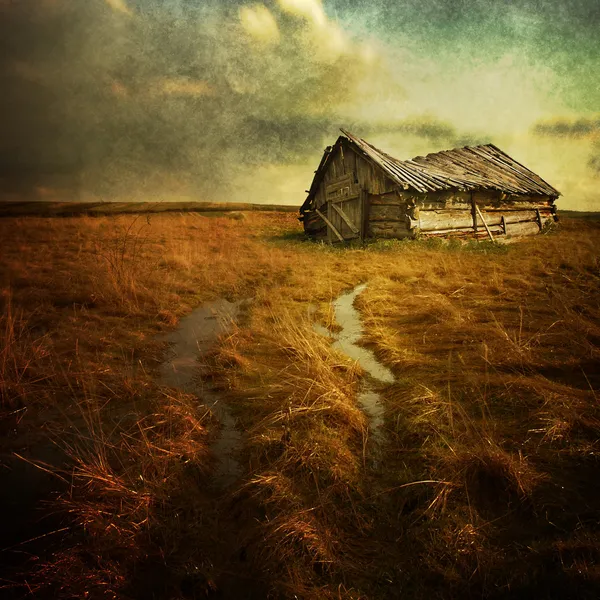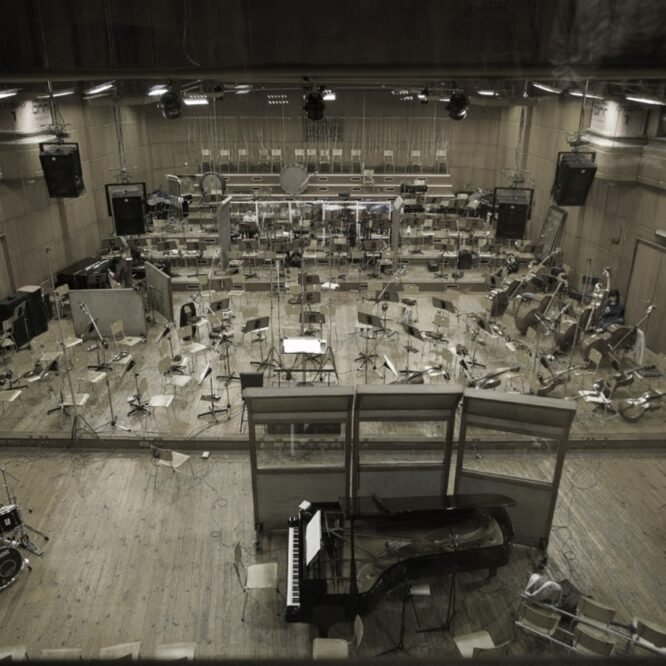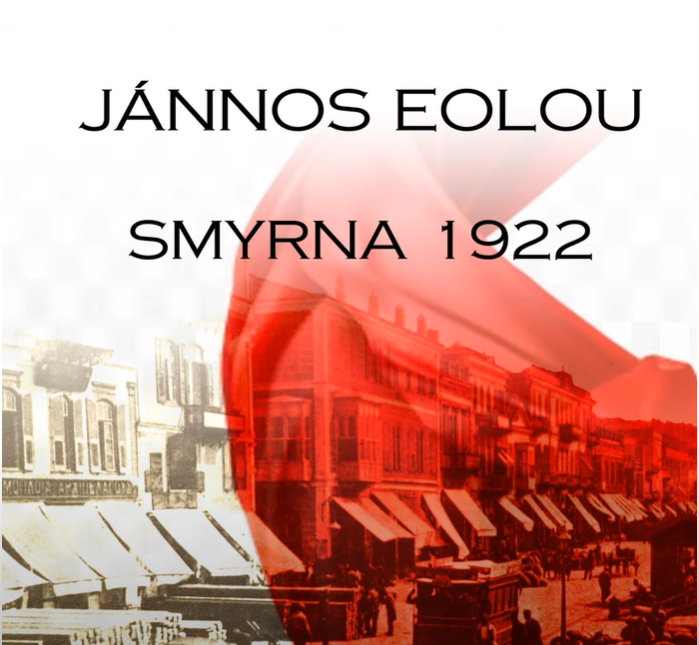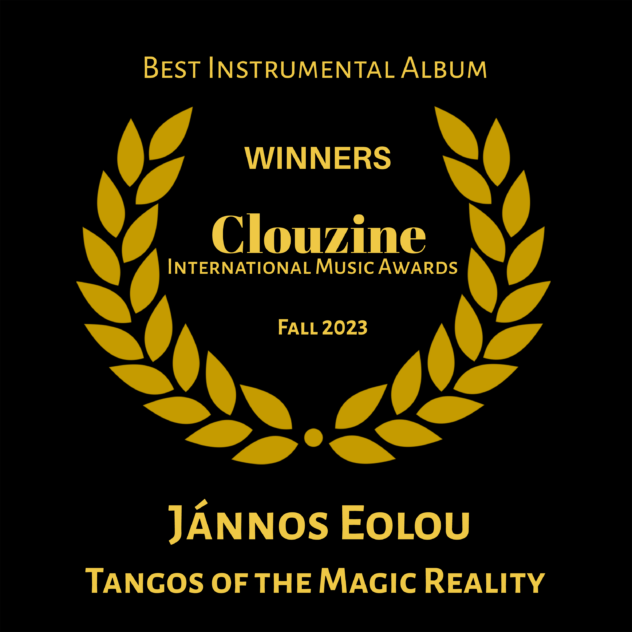A huge contradiction: looking at the silent universe, where sound does not exist […]
Sofia, Bulgaria, December 2022.The center of an old city with a new facade, […]
I was asked to compose music for the commemorative tribute organized by Thessaloniki […]
The Forest is a magic grid, a place where one is fully immersed, […]
While working on the Corpus Aeternum composition I strived to look upon Human […]
A music theme is powerful, direct, understood, loved, remembered when it is simple! […]
I have heard it so many times in my life, I just can […]
Have you ever wondered why VST instruments never sound like the real orchestras? […]
For quite some time now I’ve been working on the Time Squatters Saga. […]
We all agree that technology has advanced our lives in ways unimaginable a […]
By dynamics we mean the general perceived loudness of music (or sound in […]
Have you ever thought what makes music and image stick together? What makes […]
When I was a kid back in the 70s and 80s, as people […]











